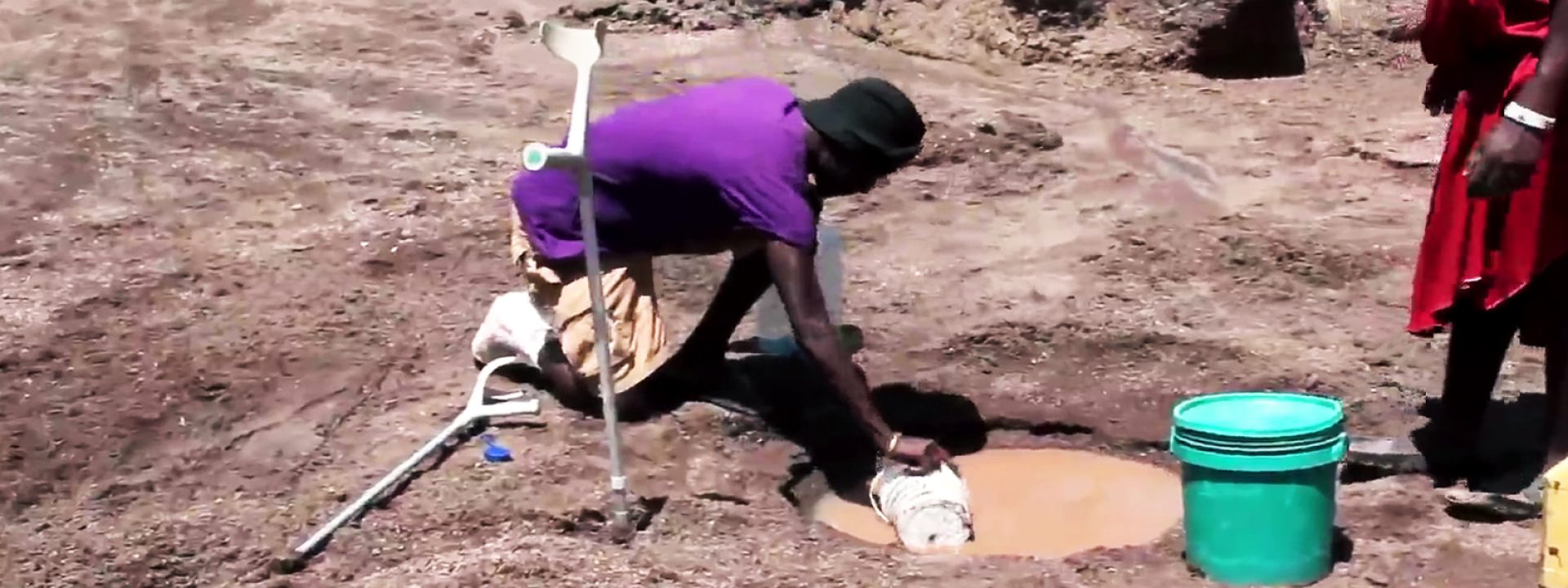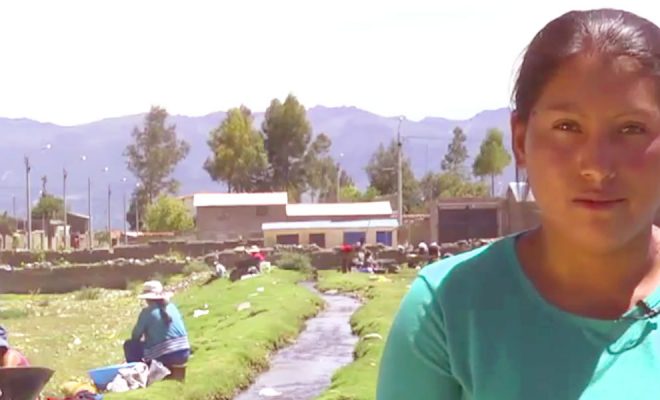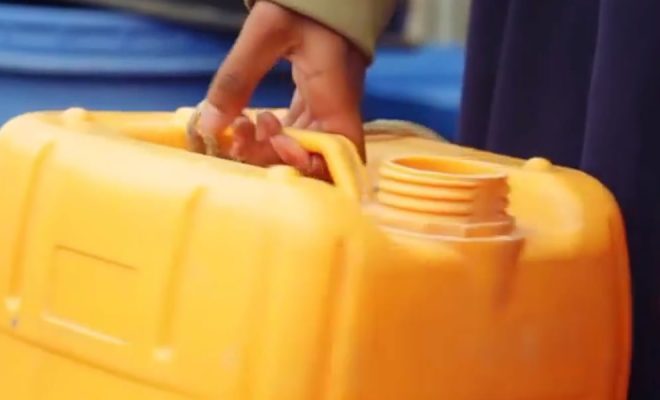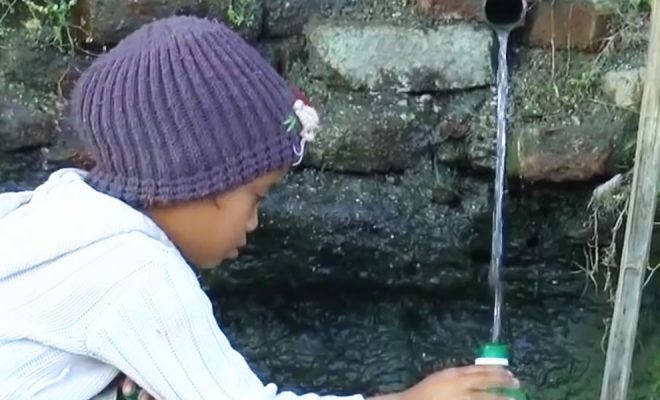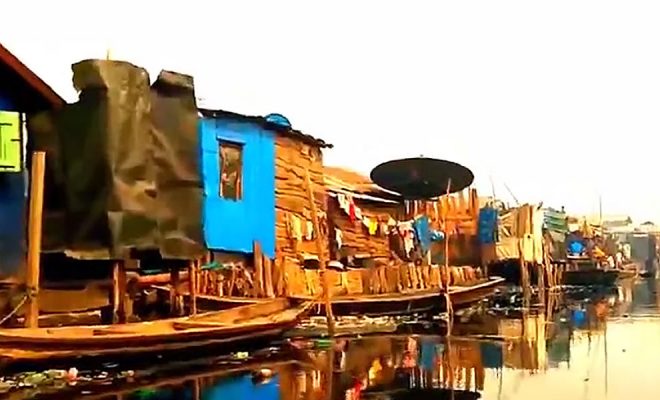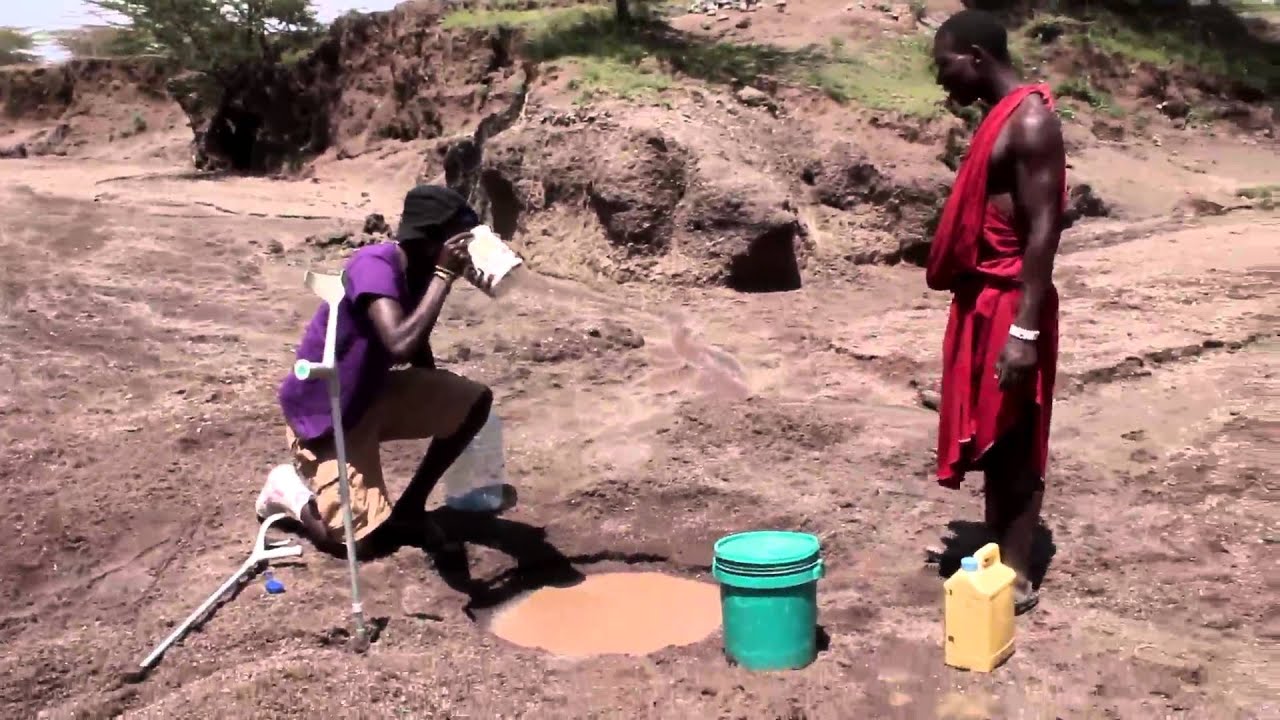
Maji ni Uhai (Water is Life) squattertaylor (Tanzania), finalist of the We Art Water Film Festival 3. Micro-documentary category.
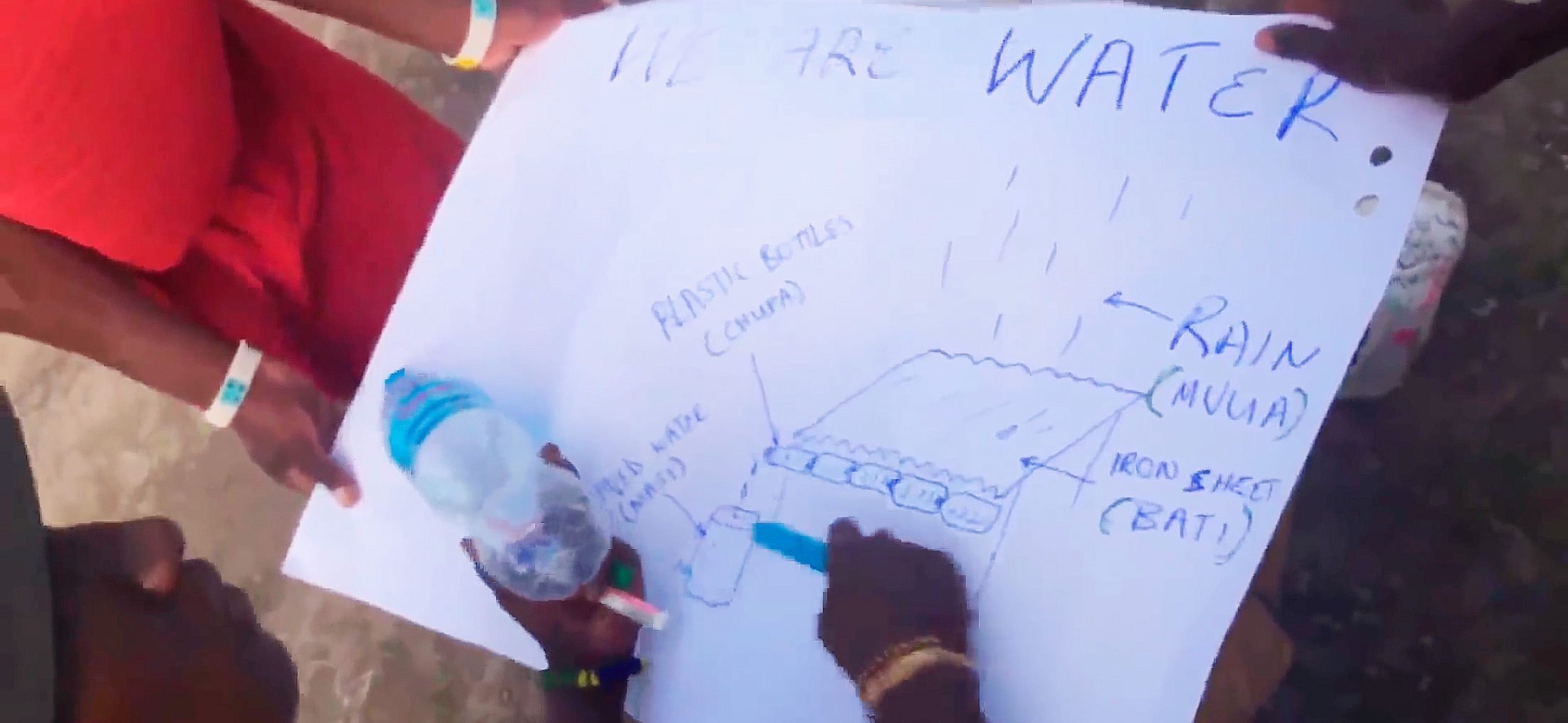
In Arusha, a city located to the north of Tanzania, Rubén, the main character of this short film, is among the lucky 79% of the Tanzanian urban population that has basic access to water in his home.
Rubén only needs to travel 40 km to find the harsh reality faced by more than half of his countrymen: the lack of safe access to water. According to the last report of the Joint Monitoring Programme (JMP) for Water Supply and Sanitation of the World Health Organisation (WHO) and UNICEF, in 2015, 18 % of the rural population in Tanzania only had access to surface water. In 2000, the rate reached 21 %; that is, in 15 years the Tanzanian rural population that has stopped drinking directly from ponds and rivers has only decreased three points, a figure that reflects the weak progress capacity of the African country. The World Bank places Tanzania among the 49 “least developed” countries in the world, and the country is placed in the position 159 out of 187 countries in the Human Development Index.
According to UNICEF, only 24% of the population of the sub-Saharan countries has access to pollution-free water. The evident consequences of consuming dirty water are the water-borne diseases, such as diarrhoeas, malaria, cholera or intestinal worms. This mainly affects children under the age of 5 and in Tanzania, up to 9% of these deaths are caused by diarrhoeas.
The Tanzanians, like most of the 159 million people forced to drink untreated surface water in the world, usually “clean” dirty water by filtering it with cloth. Only few have resources to boil it or to use water purification tables, which can only be found in cities.
Rubén discovers that in order to obtain drinking water his neighbours in the rural area need to walk around two kilometres, and that the government only opens the water fountain once every week.
With the remains of a metallic shed and a few plastic bottles, Rubén shows farmers how to build the rainwater collector he has designed. This is an example of simple technology, sustainable and with no cost, which can save lives and prevent many diseases. The inquisitiveness and generosity of a sensitive and supportive human being like Rubén shows the importance of sharing knowledge, even if it is based on the simplicity of five plastic bottles and a piece of metal.


